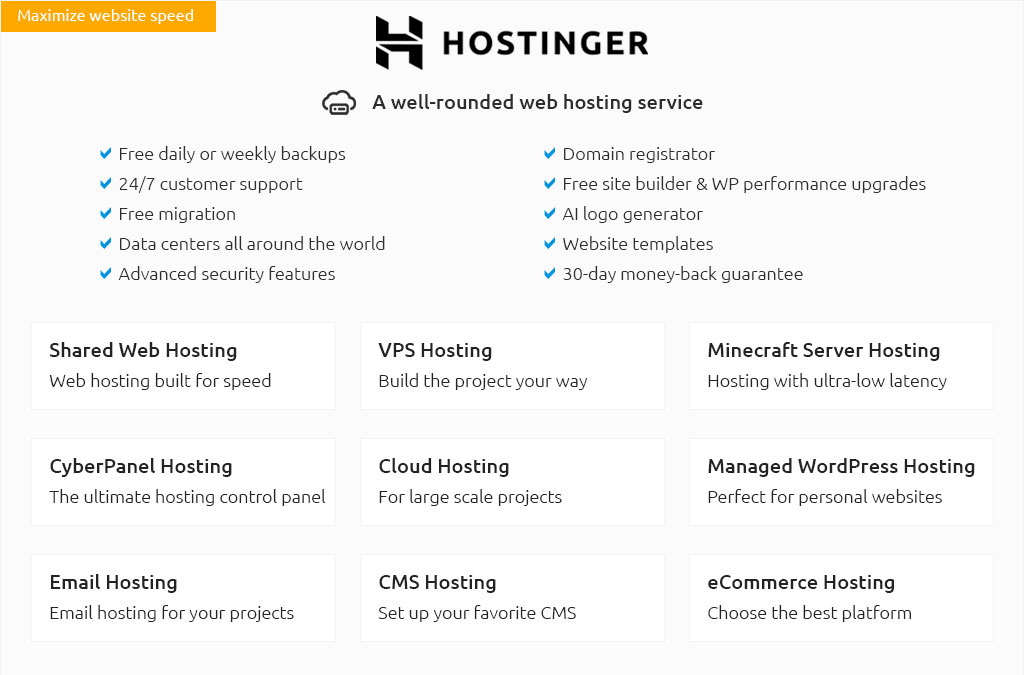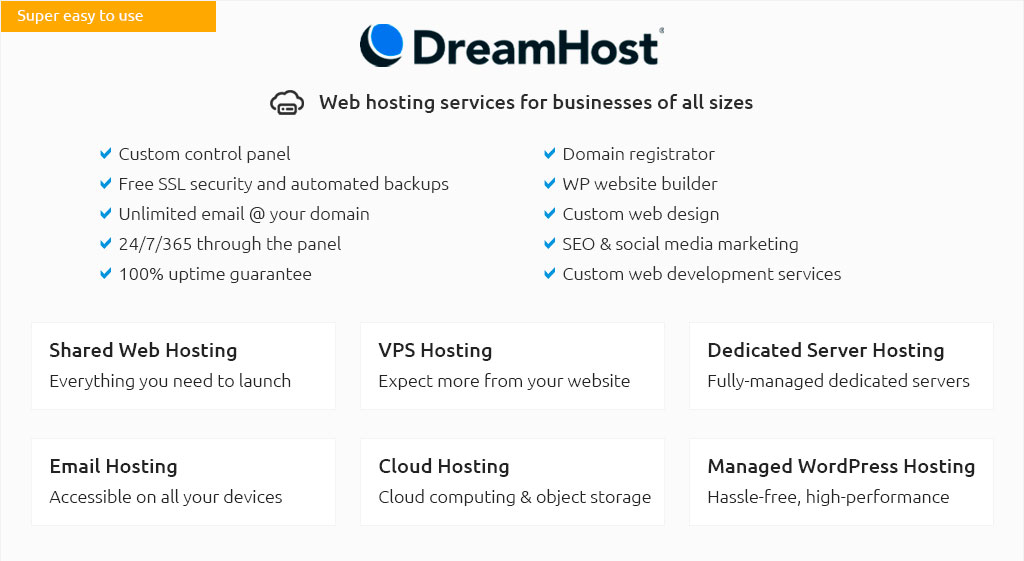 |
|||
 |
 |
 |
|
 |
|
 |
 |
 |
|||
 |
|||
 |
|||
 |
|||
 |
|||
 |
|||
 |
 |
Ecommerce Hosting Solutions: An Essential Guide for Aspiring EntrepreneursIn the ever-evolving landscape of digital commerce, selecting the right ecommerce hosting solution is a pivotal decision that can significantly influence the success of an online business. The rise of ecommerce has not only transformed the way consumers shop but also how businesses operate, making it imperative for entrepreneurs to equip themselves with the best technological tools available. At its core, ecommerce hosting is the backbone of any online store, serving as the virtual foundation upon which all transactions and digital interactions occur. It encompasses a variety of services, including server space, security features, and software capabilities that collectively ensure a seamless shopping experience for customers. With a plethora of options available in the market, from budget-friendly to feature-rich packages, finding the perfect match requires a keen understanding of one's business needs and goals. The choices in ecommerce hosting range from traditional shared hosting, suitable for small startups, to robust dedicated servers and cloud hosting solutions designed to accommodate large-scale operations with high traffic volumes. Each option presents unique advantages; for instance, shared hosting is cost-effective but may offer limited resources, whereas dedicated servers provide unparalleled control and performance at a higher price point. Security is another paramount consideration when selecting a hosting solution. With cyber threats becoming increasingly sophisticated, ensuring that your ecommerce platform is fortified against potential breaches is non-negotiable. Look for hosts that offer comprehensive SSL certificates, firewall protection, and regular security audits to safeguard sensitive customer data. The integration of ecommerce platforms like Shopify, WooCommerce, and Magento with hosting services further enhances functionality and user experience. These platforms offer a range of plugins and extensions that can be tailored to fit the specific requirements of your business, from inventory management to payment processing and customer relationship management. In conclusion, the selection of an ecommerce hosting solution is not merely a technical decision but a strategic one that can dictate the trajectory of your business. By weighing factors such as cost, scalability, security, and platform compatibility, entrepreneurs can make informed choices that align with their long-term vision. While the array of options might seem overwhelming, the right hosting solution will not only support your current operations but also provide the flexibility to grow and adapt in a dynamic digital marketplace.
https://www.liquidweb.com/hosting-solutions/ecommerce-hosting/
Highly secure and scalable ecommerce hosting solutions for top-notch performance. Learn about our perfect solutions that help your store succeed. https://www.webhostinghub.com/ecommerce-hosting
Web Hosting Hub offers robust servers that will provide your store visitors with a faster load time which will make them happy. Security is Our Priority. We ... https://www.digitalocean.com/solutions/ecommerce-hosting
... hosting provider who offers e-commerce hosting solutions. Without a hosting provider, you won't be able to deploy your e-commerce website to the internet ...
|